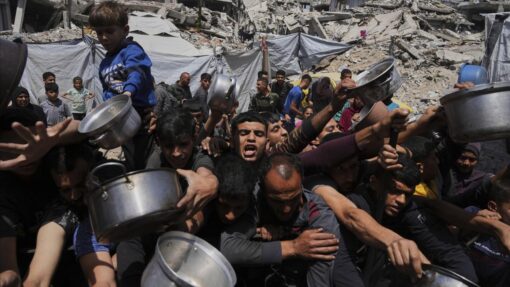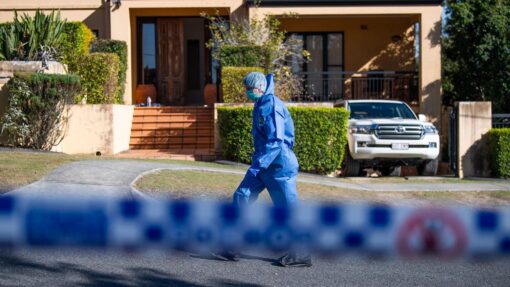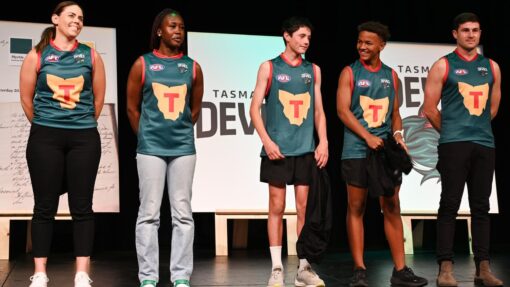Qld hospitals ‘bearing’ flatter virus wave
Marty Silk |
Queensland’s hospitals are “bearing up” to the COVID-19 outbreak which hasn’t peaked as steeply as authorities expected, leaving them cautiously optimistic.
Another 13 virus deaths and 10,212 new cases were recorded from 19,926 tests in the 24 hours to 6.30am on Monday.
Four of those who died were aged in their 70s, seven were in their 80s and two were in their 90s, while none had had a booster vaccine.
Chief Health Officer John Gerrard said there were 879 people being treated in hospital for COVID-19 and another 50 patients in intensive care with 12 of those on a ventilator.
He said Queensland wasn’t having a “very tall peak” like NSW or Victoria, with hospitalisations far lower than the thousands expected.
“Queensland hospitals are bearing up, but we’ll see in the next seven days, particularly as metropolitan Brisbane peaks, just exactly what happens there,” Dr Gerrard told reporters on Monday.
“So far the impact of the epidemic is less than we expected, so far in this wave, but … I’m trying to be cautious here because we still haven’t reached a peak here in Brisbane.”
The flatter peak is likely due to people following precautions, Dr Gerrard said, with a high double-dose vaccination rate when the virus started spreading in the state.
“This we believe has to do with people’s changing behaviour in avoiding getting infected,” he said.
“So I certainly thank the people of Queensland in heeding the warnings.”
The most recent figures show 91.81 per cent of eligible Queenslanders have had one vaccine dose and 89.16 have had two.
More than 40 per cent of the patients in hospital were unvaccinated with the government urging anyone eligible to get a booster.
The state will release a COVID-safe plan for a return of children to school this week, after it goes through cabinet on Monday.
Authorities delayed the start of the school year from January 24 to February 7 in a bid to make a “longer, flatter” peak, Dr Gerrard said.
He expects the virus to spread rapidly once classes return, but most children will only experience a mild illness.
However, even with 25.72 per cent of five to 11-year-olds and 66.61 per cent of children aged 11 to 15 having had two doses of a vaccine, Dr Gerrard said some would experience “rare complications” from COVID-19.
The CHO admitted it was hard “to get the tone right” so parents were vigilant rather than paranoid, but he believed most younger people weren’t afraid of the virus.
“My impression is that most young people are not afraid of this virus, which is probably legitimate, although we want them to get vaccinated because there are rare complications,” Dr Gerrard said.
Meanwhile some businesses are concerned the vaccine mandate in venues could be increasing the risk of superspreader events.
The mandate limits weddings to just 20 people if any guest is unvaccinated, but venue operator Kelly Tilse said couples were getting around the rules by tying the knot at home as up to 100 guests are allowed at private residences.
“Instead they’re going (to) backyard weddings, which to me is not sensible … the sensible solution is to bring it back to the venues who have COVID safe plans,” Ms Tilse told reporters on Monday.
AAP


